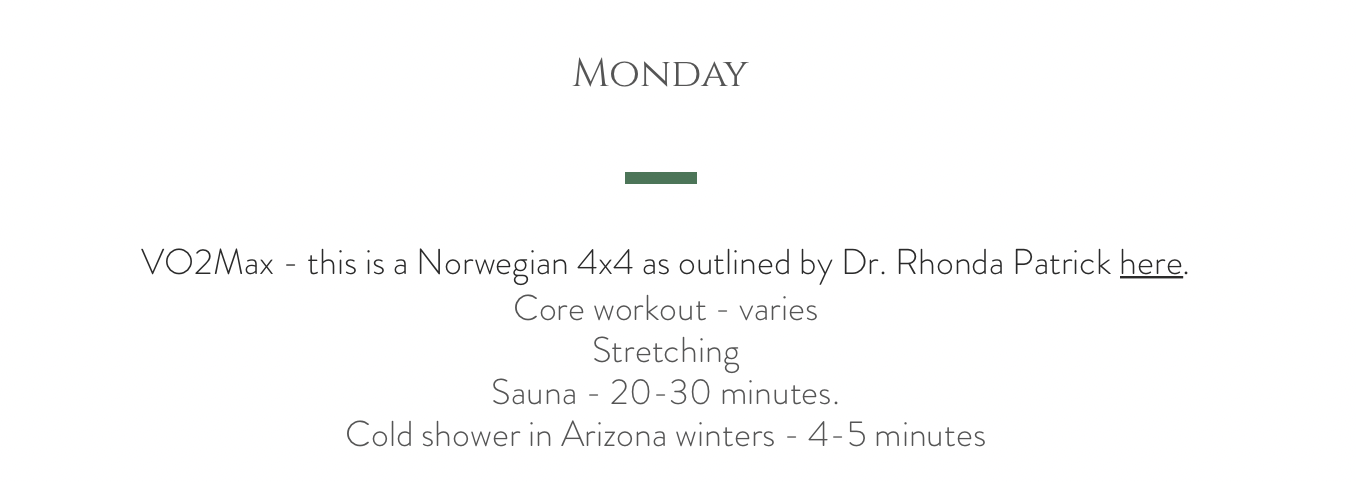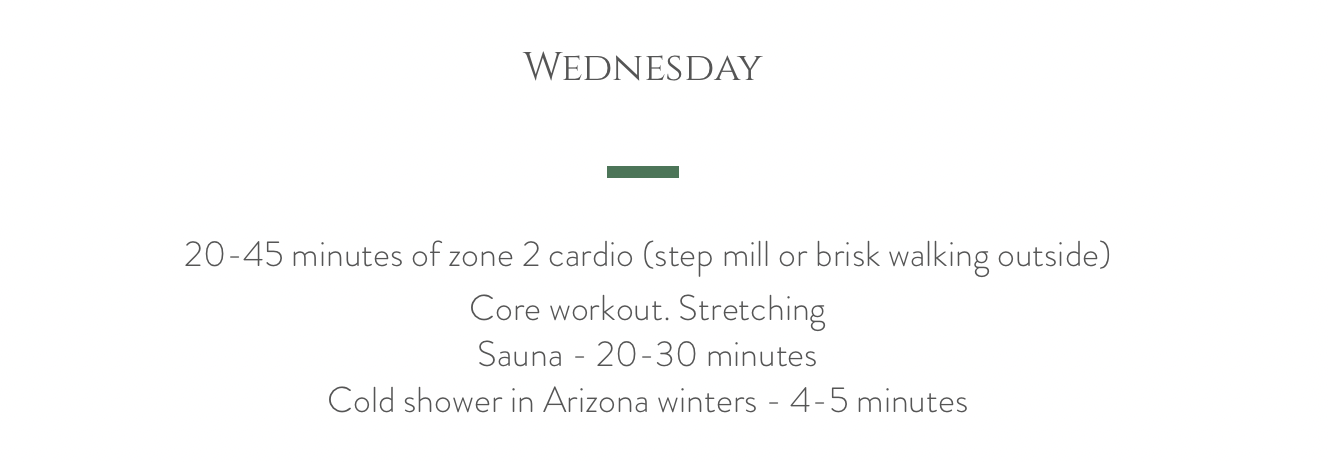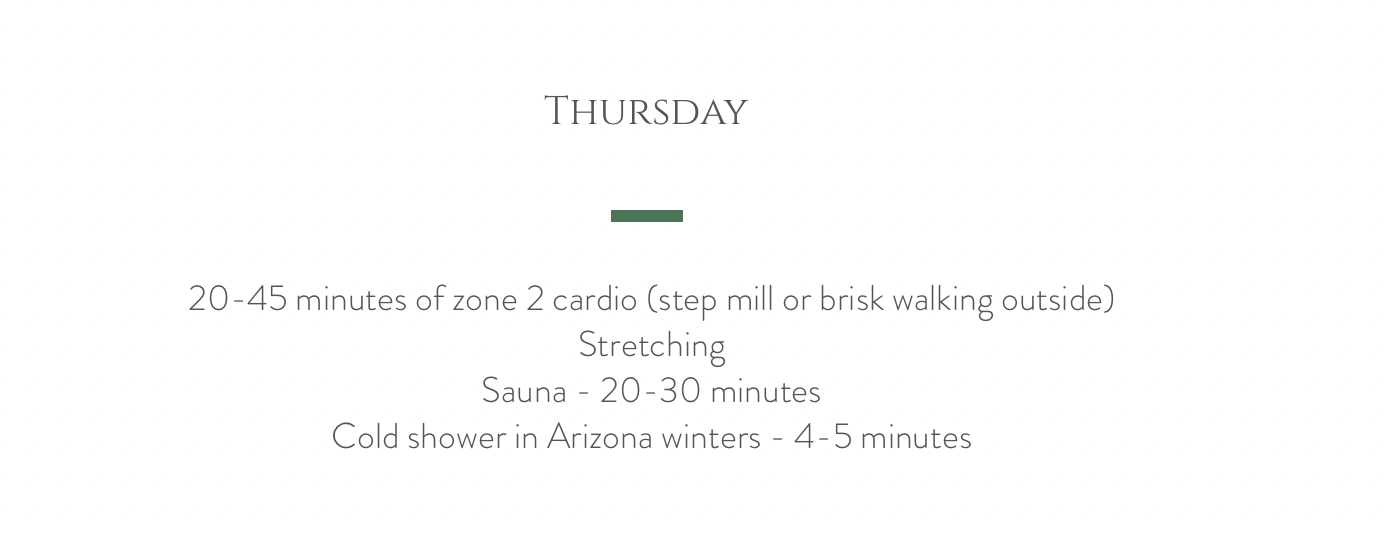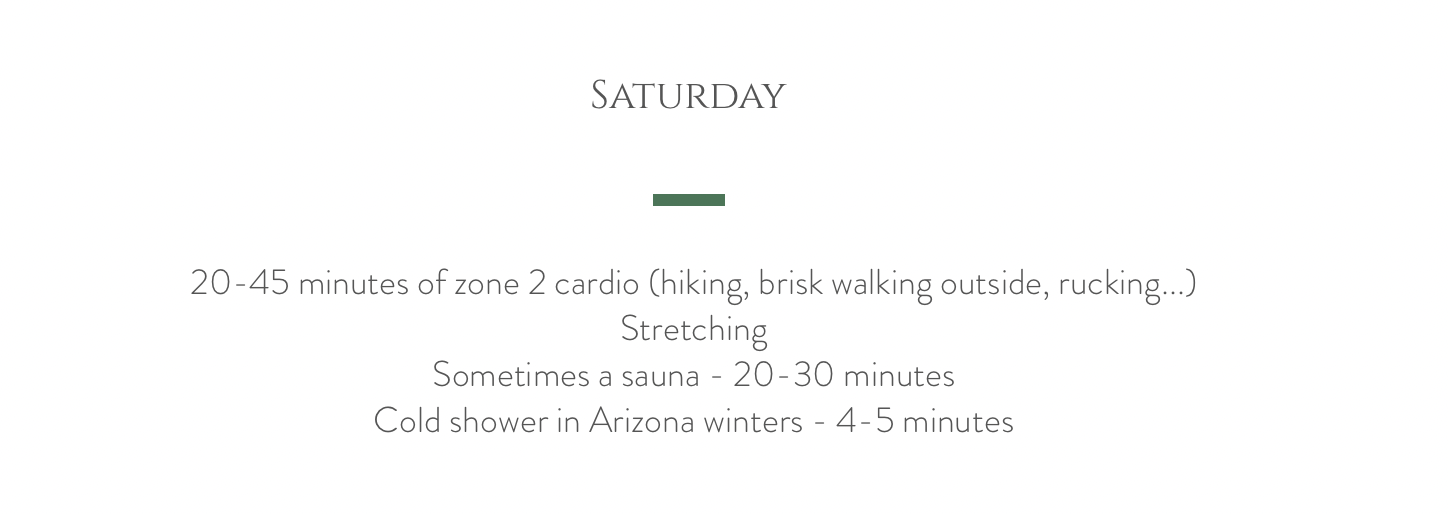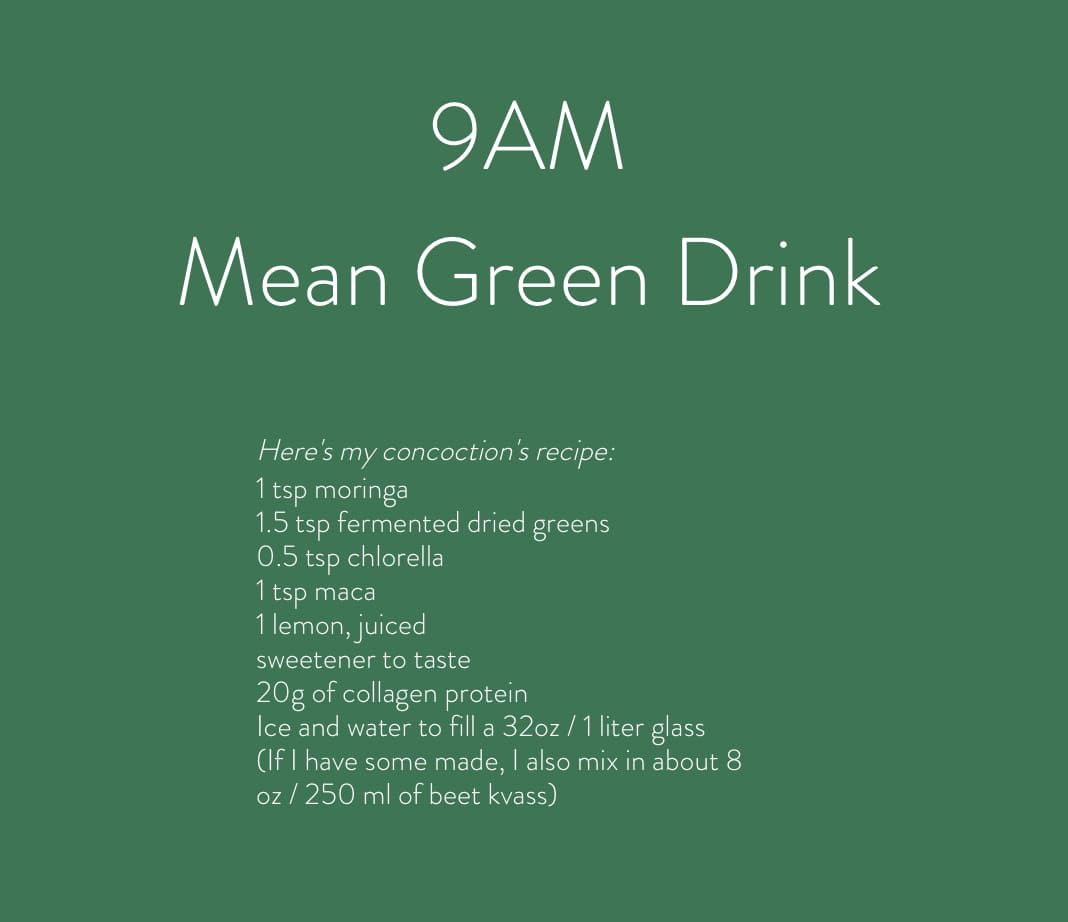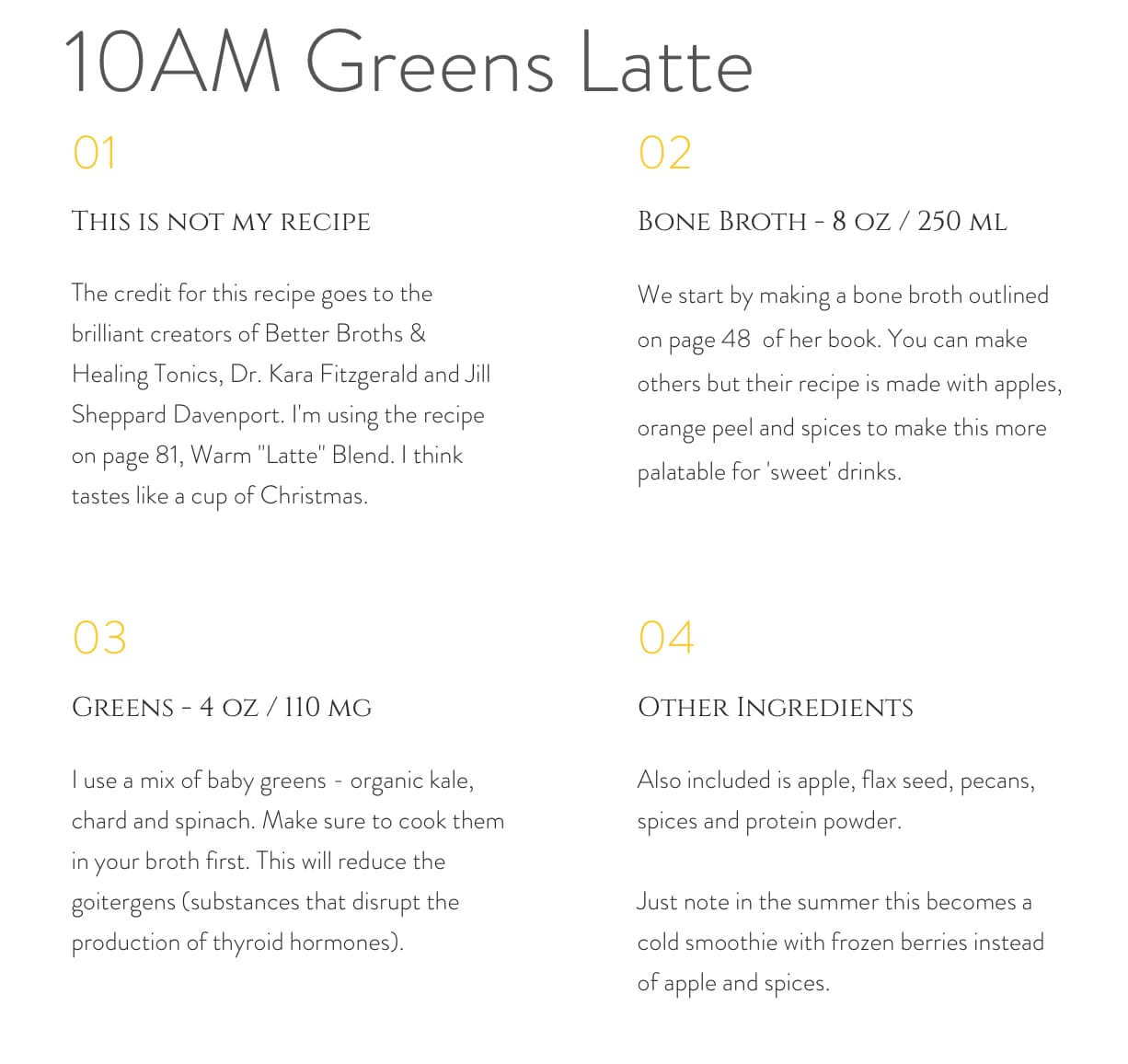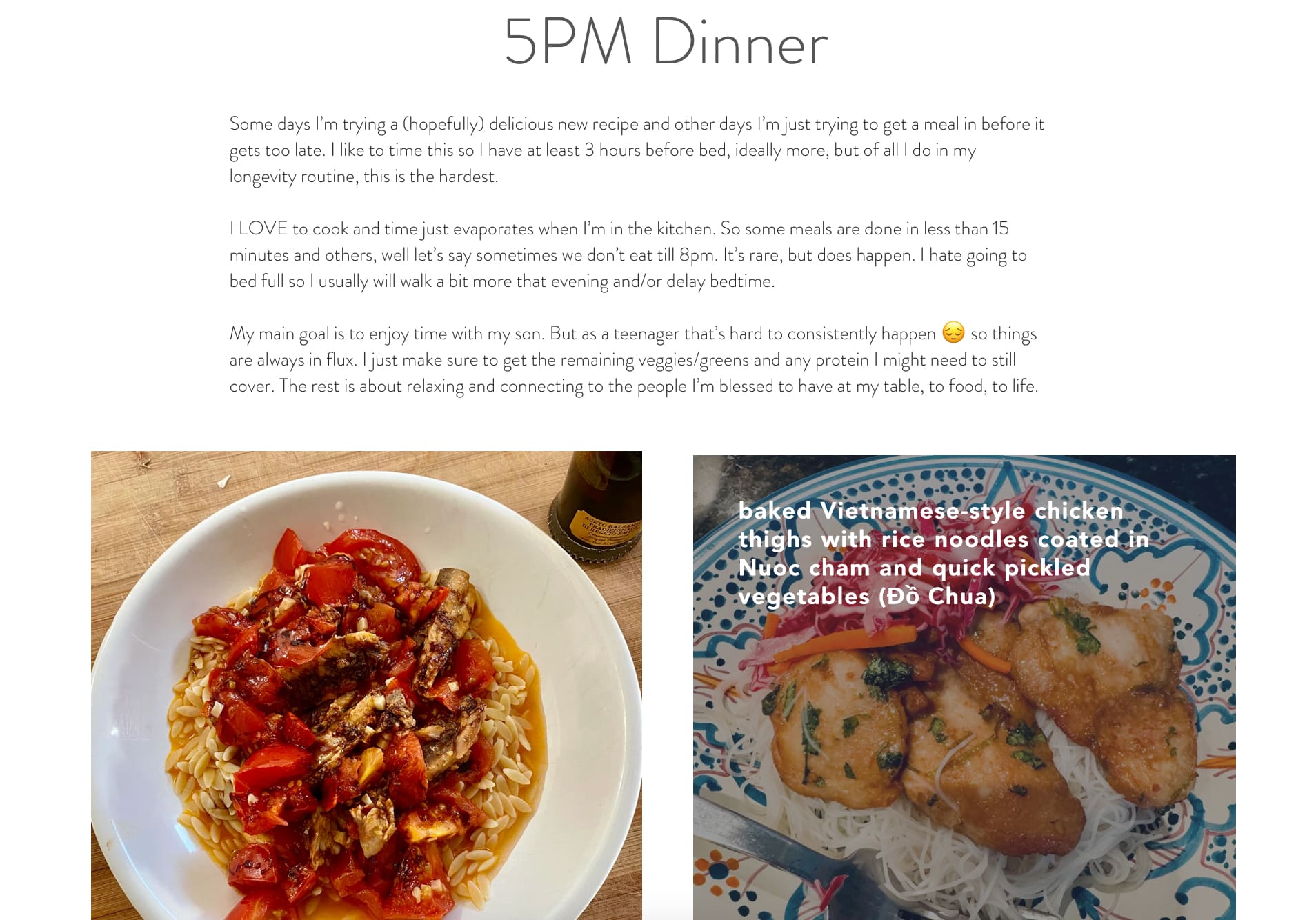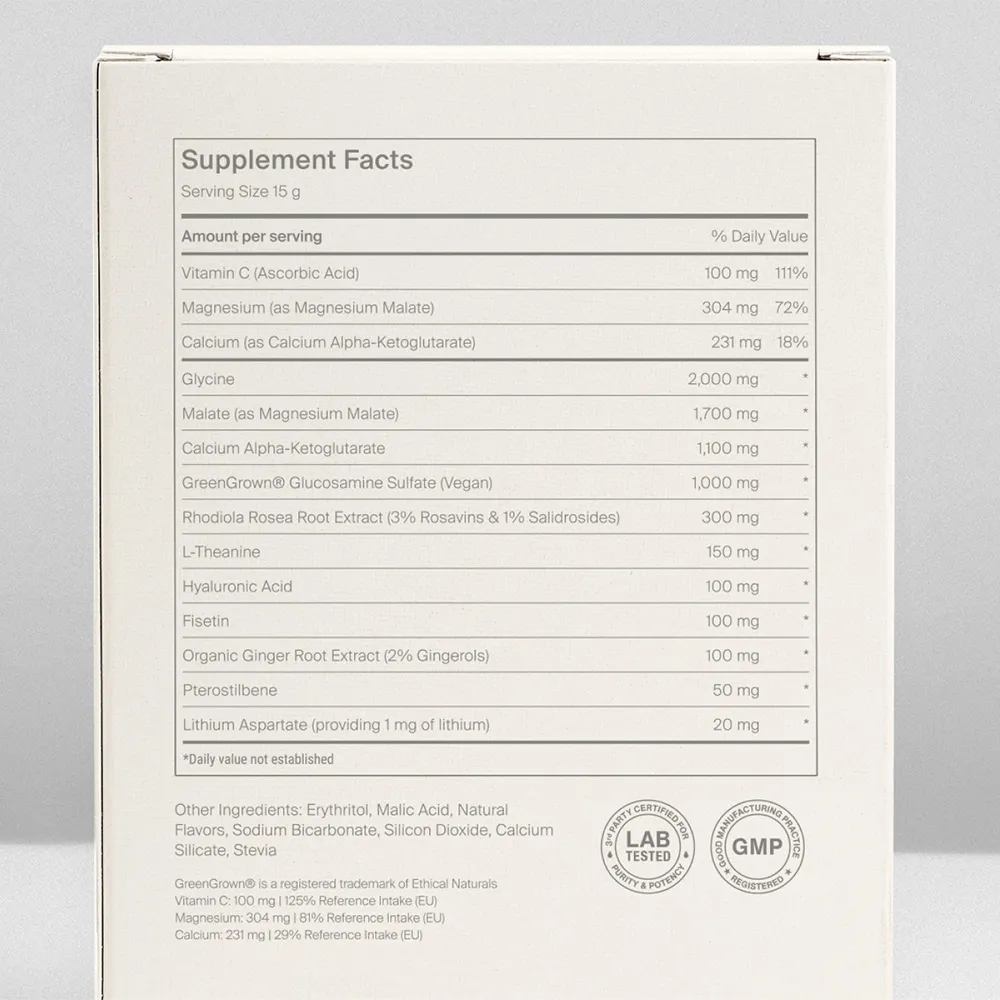@Ben_Greenfield does a good podcast here with Julie Gibson Clark. Julie is beating Bryan Johnson and Dave Pascoe and many others as rated by DunedinPACE numbers.
You can’t argue with her results, but I wonder how much variation in DunedinPACE numbers are due to genetics vs. environment or actions / supplements, etc. the person takes.
Despite not having a billionaire’s budget, Julie’s aging rate — 0.665 (she only ages 66 out of 100 days) — is remarkable, demonstrating that longevity is within reach for many, without breaking the bank. Unlike many of her counterparts in the Rejuvenation Olympics, her routine is somewhat ordinary. She spends $27 a month on a gym membership and $79 a month on the longevity supplement NOVOS. Julie consumes about 16 ounces of a variety of vegetables daily, snacking on carrots, radishes, and peppers during her workday. She limits the amount of refined sugars and grains she eats, and at least three times a week, Julie uses the sauna for 20 minutes before taking a cold shower.
It would be interesting to see what would happen to her DunedinPACE numbers if she was taking rapamycin.

